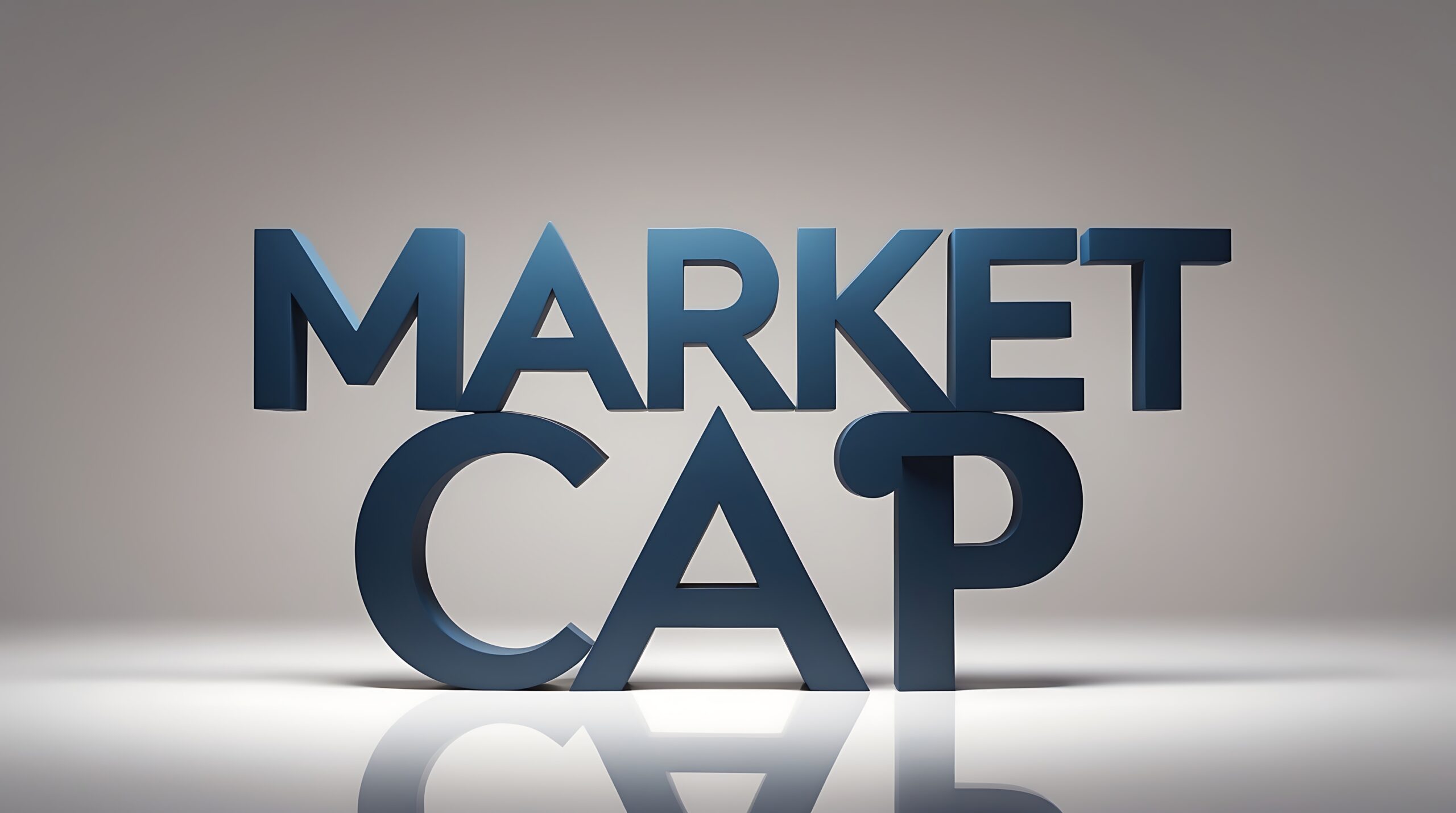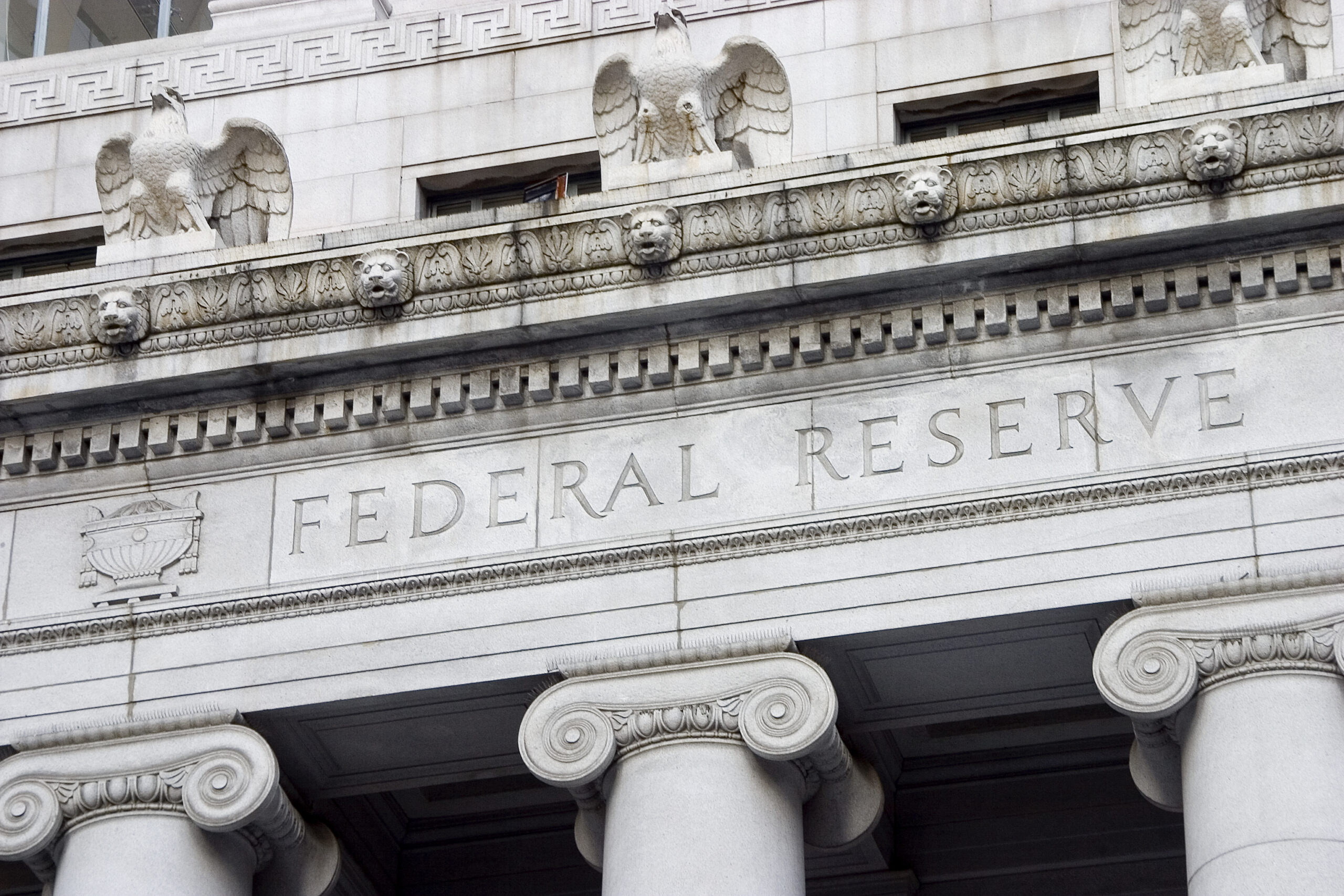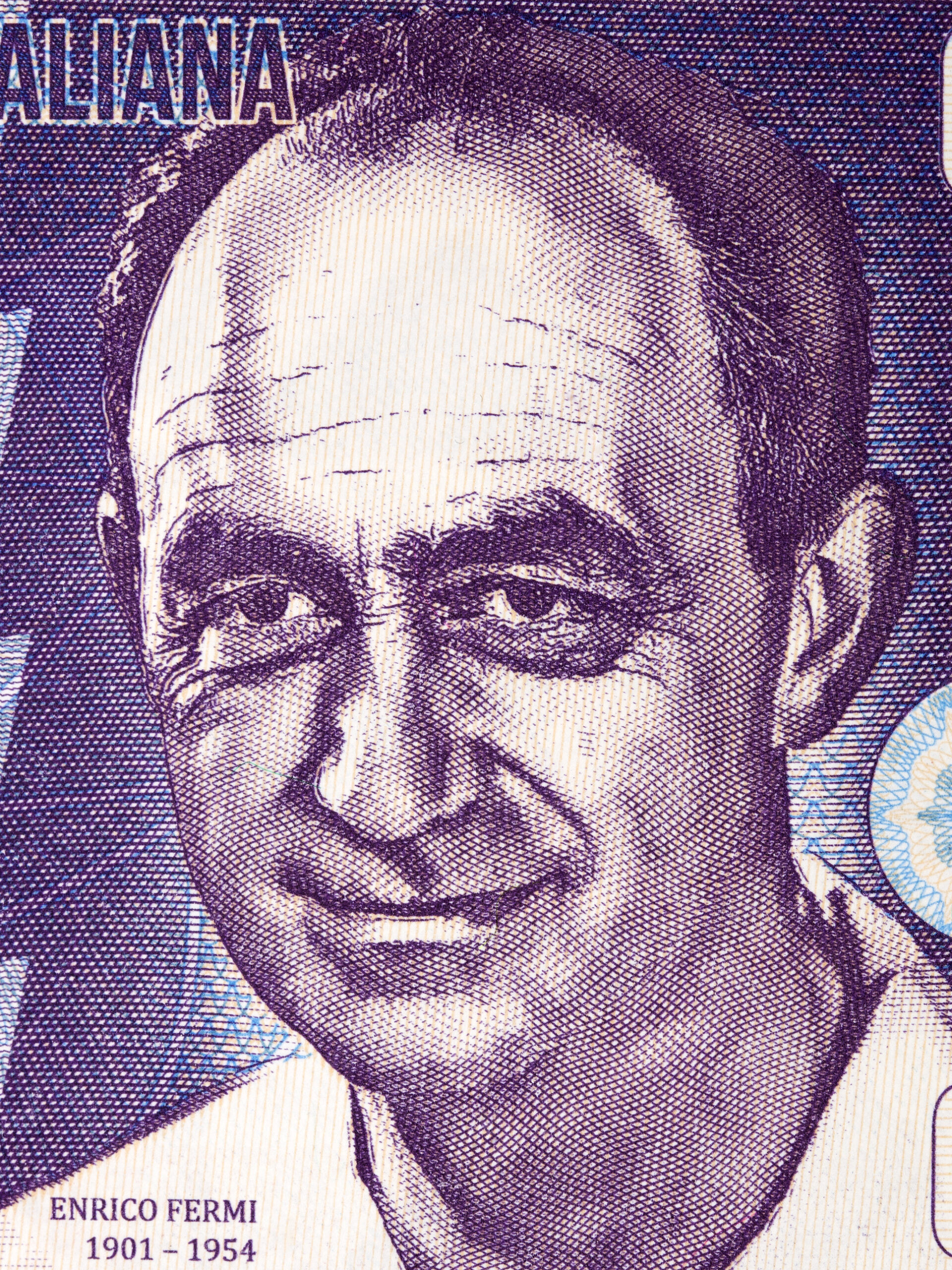Suppose you were a wagon dealer when Henry Ford introduced the Model T.
Maybe you’d call those folks livery operators, I’m not sure. At any rate, the livery business – supplying horses and wagons – fell into decline. The smart ones probably opened Ford dealerships.

In June 2024, Capital Group, the largest active manager of US stocks, announced that it would “diversify away from its core equity franchise to stem client withdrawals,” according to a Reuters story.
Reuters said Capital Group had had five straight years of outflows including $100 billion from its equity funds in 2022 and 2023.
It’s because Passive funds have surpassed Active ones for assets under management. Capital Group expects to grow. But not by managing US stock portfolios. They’re focusing on international markets and bonds.
Capital’s Growth Fund of America is the largest actively managed fund with about $300 billion of assets. But it’s a net seller. Top holdings: META, MSFT, GOOG, AMZN, AVGO, NVDA, AAPL, TSLA. Cost to investors: 61 basis points.
The largest passive fund is the Vanguard Total Stock Market Index. Assets, about $1.8 trillion. Top holdings: AAPL, NVDA, MSFT, META, GOOG, AMZN, AVGO, TSLA. Cost: 4 basis points.
They own the same things.
Ten stocks are 35% of the stock market. One hundred fourteen with $100 billion or more of market cap are about 78%. The S&P 500 is 90% of the market because it’s replaced fundamental research. It’s a quantitative way to buy quality.
I looked up 13F holdings for the largest 25 owners of US stocks. Capital Group is the only strict active manager left. And it’s a net seller. The rest are hybrids now, or passives, asset-allocation managers.
And get this: Three of the top 25 are proprietary trading firms with nearly $2 trillion of 13F positions last quarter, most of that in puts and calls. They’ve passed stock-pickers!
Asset managers buy products, not stories, the herd, not the outliers. They’re after the opposite of stock-picking.
When I was a young tight-skinned investor-relations guy, I crafted an investment thesis that differentiated our company from the thousands of other choices. I highlighted our value drivers (return of capital, strong balance sheet, disciplined cost management) and growth drivers (network technology, pricing power, M&A).
If the c-suite executed on the plan, and we communicated our success consistently and well, we would – presto! – create shareholder value.
Issuers still do the same things. Tell the story. Target buy-and-hold investors. Differentiate. Make those earning releases pop! Deliver alpha!
Marc Rowan, CEO and co-founder of Apollo Group, told CNBC’s Andrew Ross Sorkin at the Economic Club of New York in June of 2023: “There is no alpha in public equities. Eighty-five to 93% of active managers don’t beat the benchmark. Sixty percent of the market is ETFs. You can buy beta for six basis points.”
Let me translate. Alpha is outperformance versus the same risk, and it doesn’t exist. Blackrock, Vanguard, State Street, Geode, Northern Trust, etc., don’t seek alpha.
Stock-pickers like Capital Group see outflows because they don’t outperform the S&P 500 (which is beta). Registered investment advisors are constructing portfolios for clients from ETFs, not stocks.
And you can buy the performance of the stock market – beta – for six basis points. Well, that was then. VTSAX has it down to four. Capital Group charges 15 times more for the same stocks.
That’s why over the past fifteen years active managers have seen a swing of $500 billion to $1 trillion annually. First Trust says in the 12 months ended September 30, 2024, Actives lost $300 billion from US equities while Passives picked up over $400 billion.
A $700 billion swing, right on schedule.
The clincher? It’s earnings season and soon public companies will spend tens of millions of dollars, maybe hundreds of millions, flooding the wires with headlines and data that create volatility.
The bane of Passive investment is volatility. Nothing gets you booted from baskets like a 10% move up or down. It’s anachronistic. The market isn’t buying or delivering alpha. Be beta.
Every public company needs a proactive, intentional PASSIVE strategy because that’s what most of the money is now. It’s the opposite of your storytelling strategy that differentiates. You can’t talk your way into an index fund. But you CAN do the things that make that index fund see you as a great product.
Tell your story, sure, to your Actives. But it’s incumbent on us all to understand the addressable market and what it’s buying, and what the trends are, and position accordingly.
But Tim. Passives do what they do.
Not if we jack it up! And it’s our job to know the market and what it’s buying. Sooner or later, some enterprising attorney will realize that public companies are mismanaging their fiduciary responsibilities by failing to adapt to a Blackrock marketplace.
If you want that strategy, we have it. Public companies need to stop selling horses and wagons to a market that buys cars.





